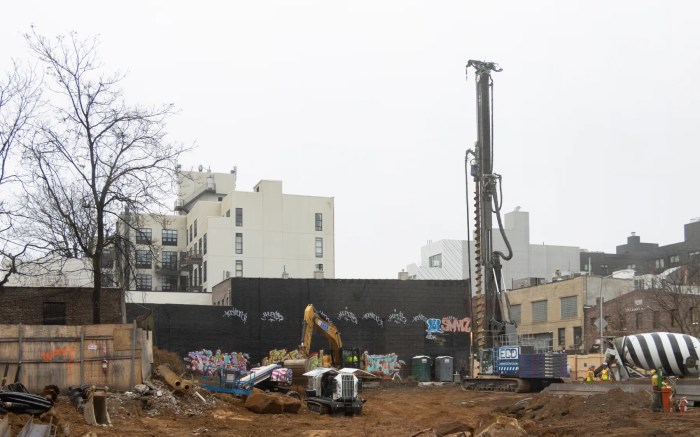A full-blown debate is currently raging about whether to extend term limits for New York City councilmembers and citywide officials. There is much political maneuvering and backroom discussion happening at City Hall. The problem is, the issue is not being aired in public, and — regardless of where one stands on the matter — that is a major cause for concern.
The fact is, New Yorkers in the 1990s voted in two separate referenda to support term limits of two terms, or eight years total, for councilmembers, citywide politicians, including the mayor, and the borough presidents. Now, there’s talk among the mayor and councilmembers of extending term limits by another four-year term, or 12 years total.
The officials are being rather coy about the whole affair, which isn’t helping clarify things for the 8 million rest of us.
To clarify: There are two ways to either eliminate or extend term limits — legislative action by the City Council and the mayor or a voter referendum. Two bills are currently being drafted by Council staff. One, by Councilmember Oliver Koppell, would extend term limits by one term. The other, by Councilmember David Weprin, would require a voter referendum to authorize any changes to the term-limits law.
While we do back extending term limits by one term, this must not be done without the voters’ approval.
Allowing a third, four-year term would unquestionably benefit our municipal government. Admittedly, the current term-limits system does ensure that we’re not stuck with “legislators for life” and that there is new blood at City Hall. However, the current, two-term cap forces our politicians to spend too much time and energy running for office, which keeps them from focusing on the pressing needs of their constituents and the city. In a political “musical chairs,” elected officials scramble to figure out which office will be open that they can run for so they can just keep a job.
Also, as seen in the expertise of the veteran members on our local community boards, institutional knowledge is a very valuable quality. Similarly, allowing officials another term, instead of having two-thirds of the Council turn over, would help our government.
Some would argue that, given the current financial crisis, it would be a good idea to allow Mayor Bloomberg — a self-made billionaire businessman and tested public servant — a chance to serve another term. Actually, we agree with that logic.
That said, who decides on extending term limits? Should it be 52 individuals — the councilmembers and the mayor — or millions of voters? We feel strongly it must be the latter.
It’s probably too late to get the issue on this year’s election ballot, but a referendum could be held early next year. Doing what the City Council should be doing — but isn’t — good-government groups thankfully are planning a public hearing on the issue to help educate voters.
Though we support adding another term, the way one gets there is important. It would be undemocratic to extend term limits by legislative fiat. The proponents of adding a third term should have the confidence to take their case to the voters.





































